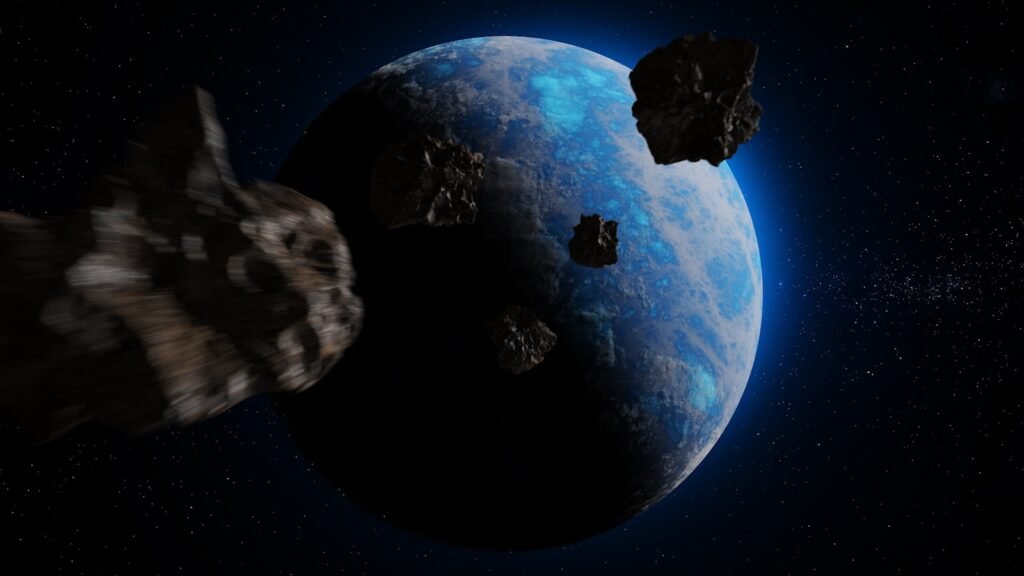Imagine drifting through the velvet blackness of space, stars twinkling in every direction, but suddenly, you realize you’re not wearing a suit. The silence is deafening, your heart pounds, and panic threatens to take over. Most people picture instant death or perhaps a dramatic explosion, but the reality of what happens to the human body in the vacuum of space is far more chilling, fascinating, and horrifying than any Hollywood movie can capture. Let’s unravel the true story of what would happen to you, second by second, if you found yourself exposed to the cosmos with nothing but your skin to protect you.
The First Shocking Seconds: You Don’t Explode
The idea that a human would explode in space is a common myth, but it couldn’t be further from the truth. The body is held together by strong tissues and skin, which act as a surprisingly effective barrier against the vacuum. In the first moments, you’d feel the air in your lungs rush out, but your body itself would not burst apart. Instead, the lack of atmospheric pressure would make all the dissolved gases in your blood form bubbles, but not instantly. Your skin would swell, but only by about twice its normal size—enough to look puffy and strange, but not enough to explode. This swelling would feel very uncomfortable, but it would not cause immediate death.
Losing Your Breath: Air Escapes Fast
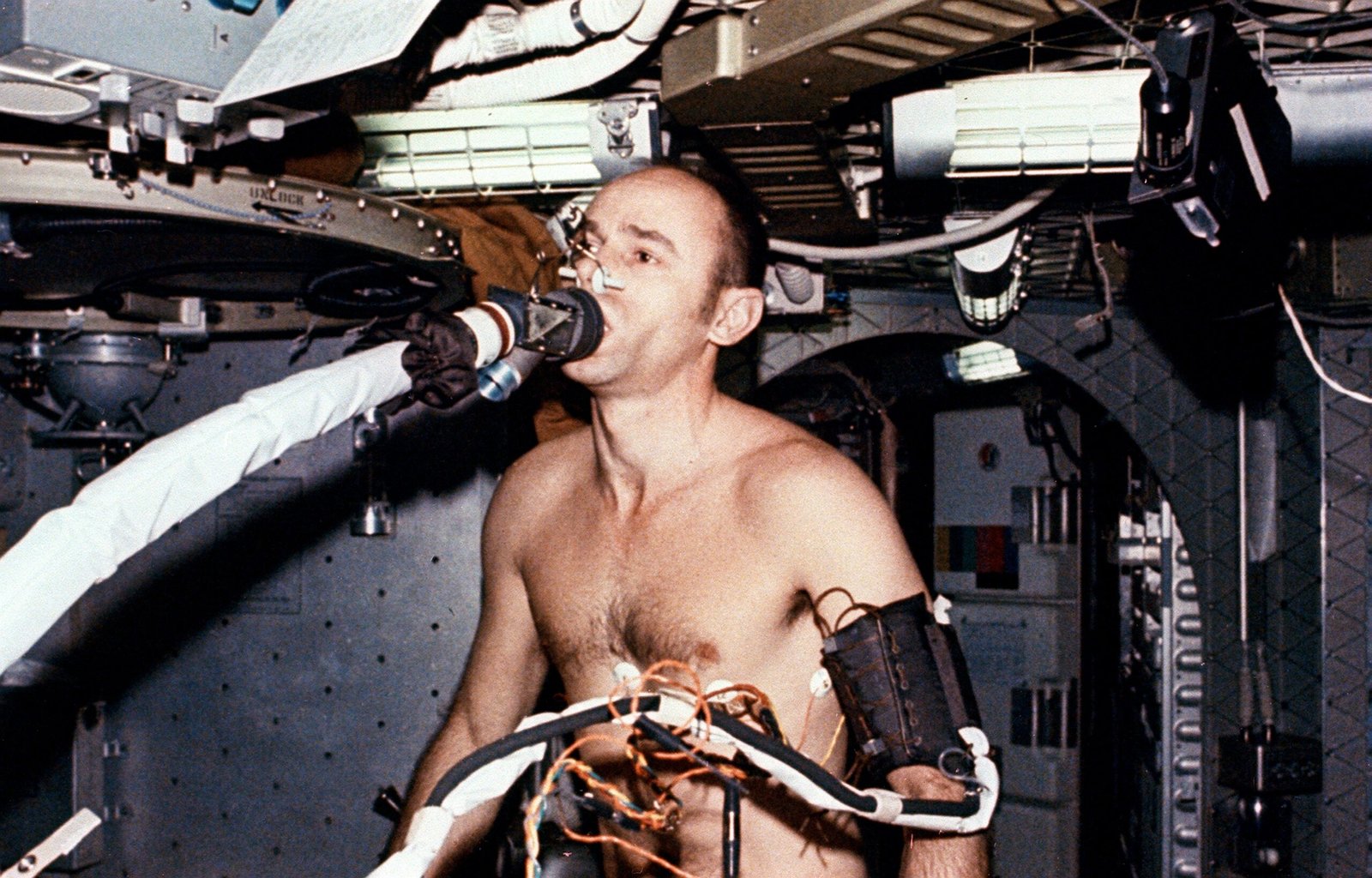
Within the first 10 seconds, you’d instinctively try to hold your breath, but that’s precisely what you shouldn’t do. Holding your breath would only cause your lungs to rupture as the air inside them expands. If you simply exhaled, the air would rush out, and you’d be left gasping for nothing. With no oxygen to draw in, your body would start to run out of the precious fuel it needs for survival. You’d quickly lose consciousness, usually within 15 seconds, as your brain is starved of oxygen. Before you even realized what was happening, your world would begin to fade.
Unforgiving Vacuum: The Rapid Decompression
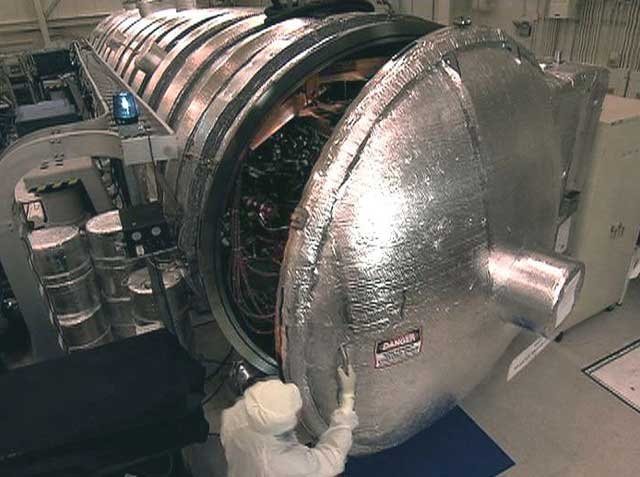
The vacuum of space is relentless. On Earth, our bodies are accustomed to atmospheric pressure pushing in on us at all times. Take that away, and the internal pressure within your body has nowhere to go. Your eardrums would likely rupture, and the moisture on your tongue and eyes would begin to boil away—not because of heat, but because boiling point drops dramatically in a vacuum. This would be a bizarre, unsettling sensation, with your mouth and eyes feeling prickly and dry almost instantly. These dramatic changes can happen in mere seconds, making the experience both terrifying and surreal.
Chilling Temperatures: Not Frozen Instantly
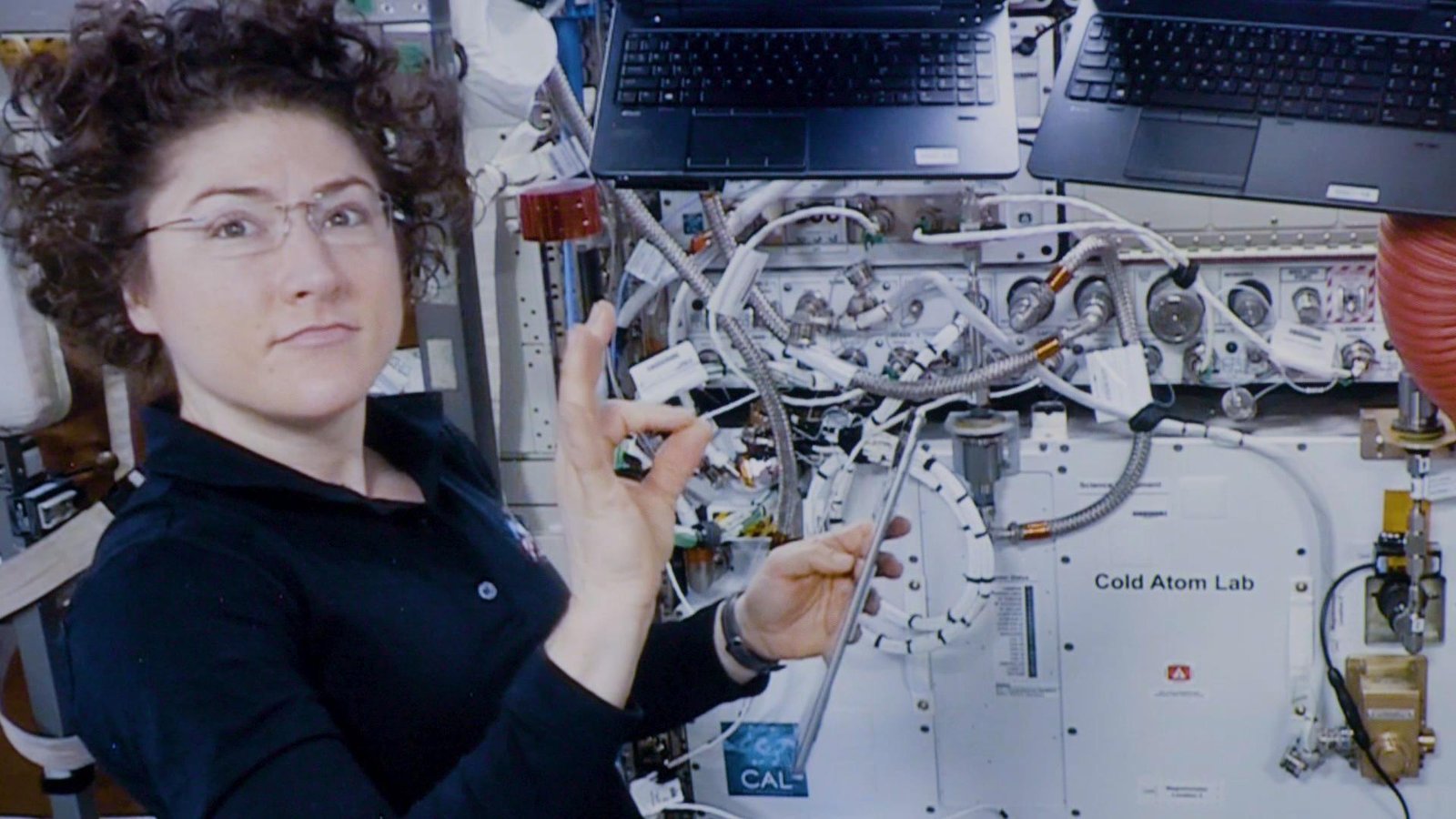
It’s a common belief that space is so cold you’d freeze instantly, but that’s not quite right. Space itself doesn’t have a temperature in the way we think of it, since it’s mostly empty. Without air to conduct heat away from your body, you’d actually lose heat very slowly through radiation. You wouldn’t freeze solid in seconds; instead, your body would cool off over several hours. The real danger from temperature is the boiling off of water from your skin and lungs, not immediate freezing. So, the cold is a slow killer, not a sudden one.
The Sun’s Deadly Rays: Unfiltered Radiation
If you’re exposed to sunlight in space, you’d be bombarded with intense ultraviolet and cosmic radiation. On Earth, our atmosphere shields us from these deadly rays, but in space, there’s no protection. Your skin would begin to burn within seconds, similar to a severe sunburn but much faster and deeper. If you were in the shadow of a planet or spacecraft, you’d be spared the radiation but face even colder temperatures. Either way, your body is completely vulnerable, and the damage from radiation would add to your agony.
Swelling and Bloating: The Gory Details
With no external pressure to keep your bodily fluids in check, you’d begin to swell as the water in your tissues vaporizes. This swelling is shocking to imagine—your cheeks would puff up, fingers would look sausage-like, and your entire body would take on a grotesque, ballooned appearance. Despite this, your skin is remarkably resilient, and it would keep you more or less intact. You wouldn’t pop like a balloon, but the discomfort and distortion would be extreme.
Blood and Bubbles: Embolism Threats
One of the most dangerous effects of space exposure is the formation of gas bubbles in your bloodstream—a condition called ebullism. As dissolved gases come out of solution, they form bubbles that can block blood flow, much like what happens in divers who ascend too quickly. Your veins and arteries could become clogged, causing tissue damage and severe pain. This process would add a new layer of suffering to an already desperate situation, and it could be fatal if you remained exposed for more than a minute or so.
Loss of Consciousness: The Clock Is Ticking
As the seconds tick by, the lack of oxygen becomes critical. After about 10 to 15 seconds, you’d lose consciousness. This is actually a small mercy—once you’re unconscious, you wouldn’t feel the pain or panic anymore. If you were rescued and repressurized within the next minute or so, it’s theoretically possible you could survive, but every passing second makes a full recovery less likely. The clock is truly your enemy in space.
Water Evaporation: The Boiling Effect
Even though you wouldn’t boil on the outside, the water lining your respiratory tract would start to vaporize, making it impossible to speak, cough, or even scream. Your tongue would feel like sandpaper, and your eyes would sting as the moisture evaporated. This isn’t the kind of boiling that burns, but it’s just as deadly, as your body rapidly loses fluid and your lungs become incapable of functioning. Every breath—if you could take one—would be agony.
Frozen Tears: The Fate of Body Fluids
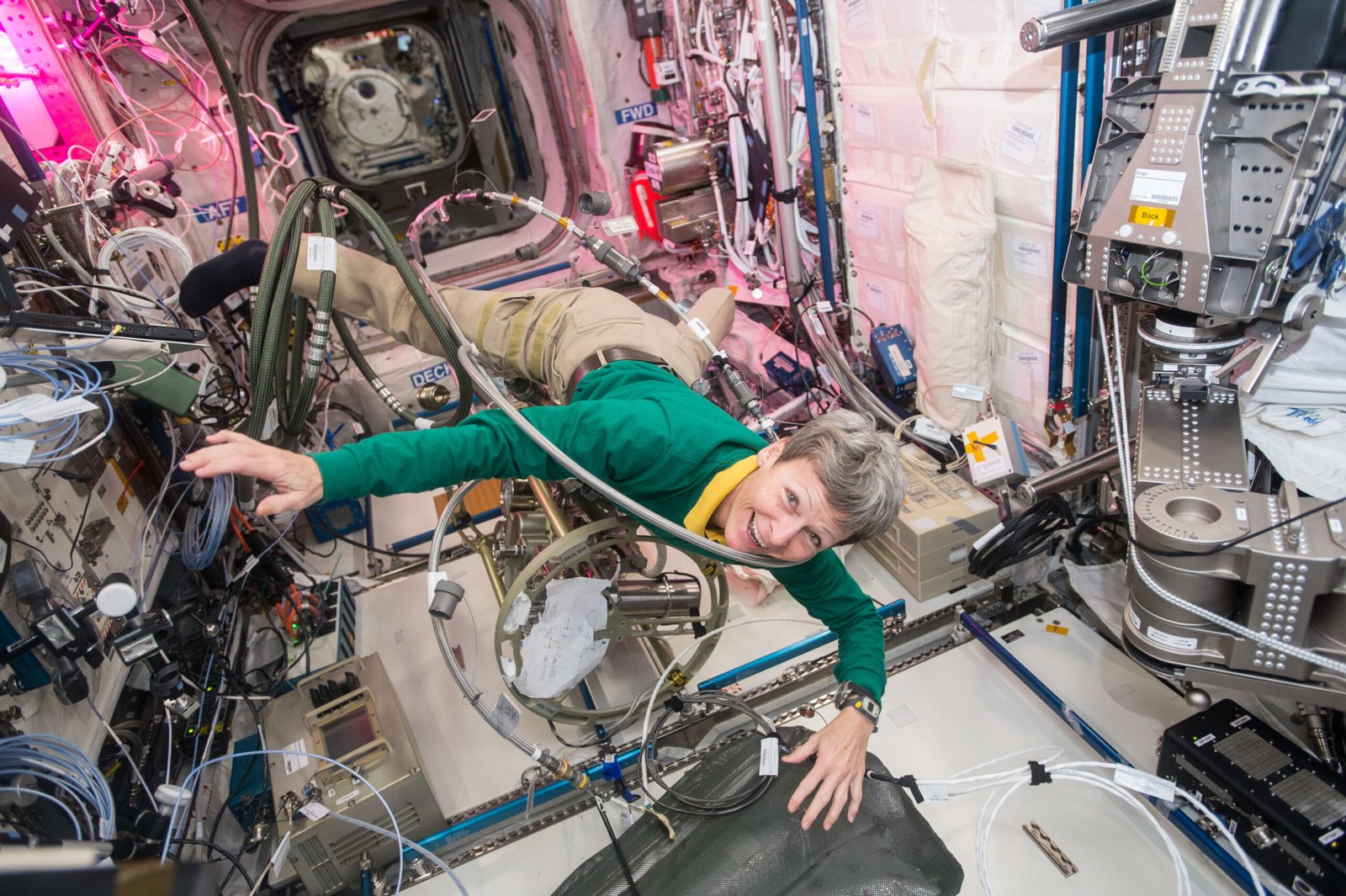
In the vacuum of space, your saliva, sweat, and tears would quickly evaporate, leaving your mouth and eyes painfully dry. If you happened to cry, your tears would turn into tiny crystals and drift away into the darkness. Blood, however, would remain mostly liquid inside your veins thanks to the pressure of your own tissues, but any cuts or exposed wounds would see blood boiling away in seconds. This bizarre scenario is both haunting and oddly beautiful—a reminder of how alien space truly is.
Hearing the Silence: Deafening Quiet
Space is utterly silent. Without air to carry sound, you’d hear nothing except the rush of your own blood and the pounding of your heart—at least, until you lost consciousness. The silence would be so complete it would feel oppressive, almost suffocating in its totality. It’s hard for anyone on Earth to imagine just how profound and eerie this silence would be, especially as one of your last sensations.
Eyes Wide Open: Vision Disturbances
Without atmospheric pressure, the fluids in your eyes would begin to boil, causing your vision to blur and darken. You might see stars dance before your eyes, not from the cosmos outside, but from oxygen deprivation and the physical trauma happening inside your eyeballs. This visual chaos would be both frightening and disorienting, making your final moments even more surreal.
Struggling Heart: Cardiac Consequences
Your heart would keep beating for a short while, desperately trying to circulate oxygen-starved blood. As pressure dropped and gases formed bubbles, your heart would struggle to keep up. Eventually, as oxygen levels plummet and tissues become starved, your heart would begin to fail. This would be the final step before true biological death—a slow, silent surrender in the most hostile environment imaginable.
DNA Damage: Invisible Threats
Space is filled with high-energy particles and cosmic rays that can rip through your DNA, causing mutations and cellular destruction. In a prolonged exposure, your genetic material would be shredded, increasing your risk of cancer and other diseases if you somehow managed to survive. This invisible assault on your cells is one of the least understood but most dangerous aspects of space travel without proper protection.
Would You Freeze or Suffocate First?
The answer is clear: you’d suffocate long before you froze. The lack of oxygen would render you unconscious after about 15 seconds, and irreversible brain damage would set in after about two minutes. Freezing, on the other hand, is a slow process in the vacuum of space. Your body would lose heat through radiation, but it would take hours to reach freezing temperatures. So, while the cold is certainly a threat, it’s not your most immediate concern.
Rescue in the Nick of Time: Is Survival Possible?
If you were rescued and repressurized within about 60 to 90 seconds, there’s a chance you could survive with minimal long-term damage. NASA experiments with animals in the 1960s showed that brief exposure to vacuum is survivable if prompt medical care is given. However, the longer you remain exposed, the greater the risk of permanent injury or death. Every second counts in the unforgiving environment of space.
Historical Incidents: Real-Life Encounters
There have been a few terrifying moments when astronauts came dangerously close to exposure. In 1965, a spacesuit leak during a NASA test left an astronaut unconscious for seconds, but he survived thanks to rapid intervention. In another incident, a cosmonaut’s suit depressurized during reentry, with tragic results. These rare but real events underscore just how perilous space exploration can be, even with the best technology.
What About Animals? Lessons from Experiments
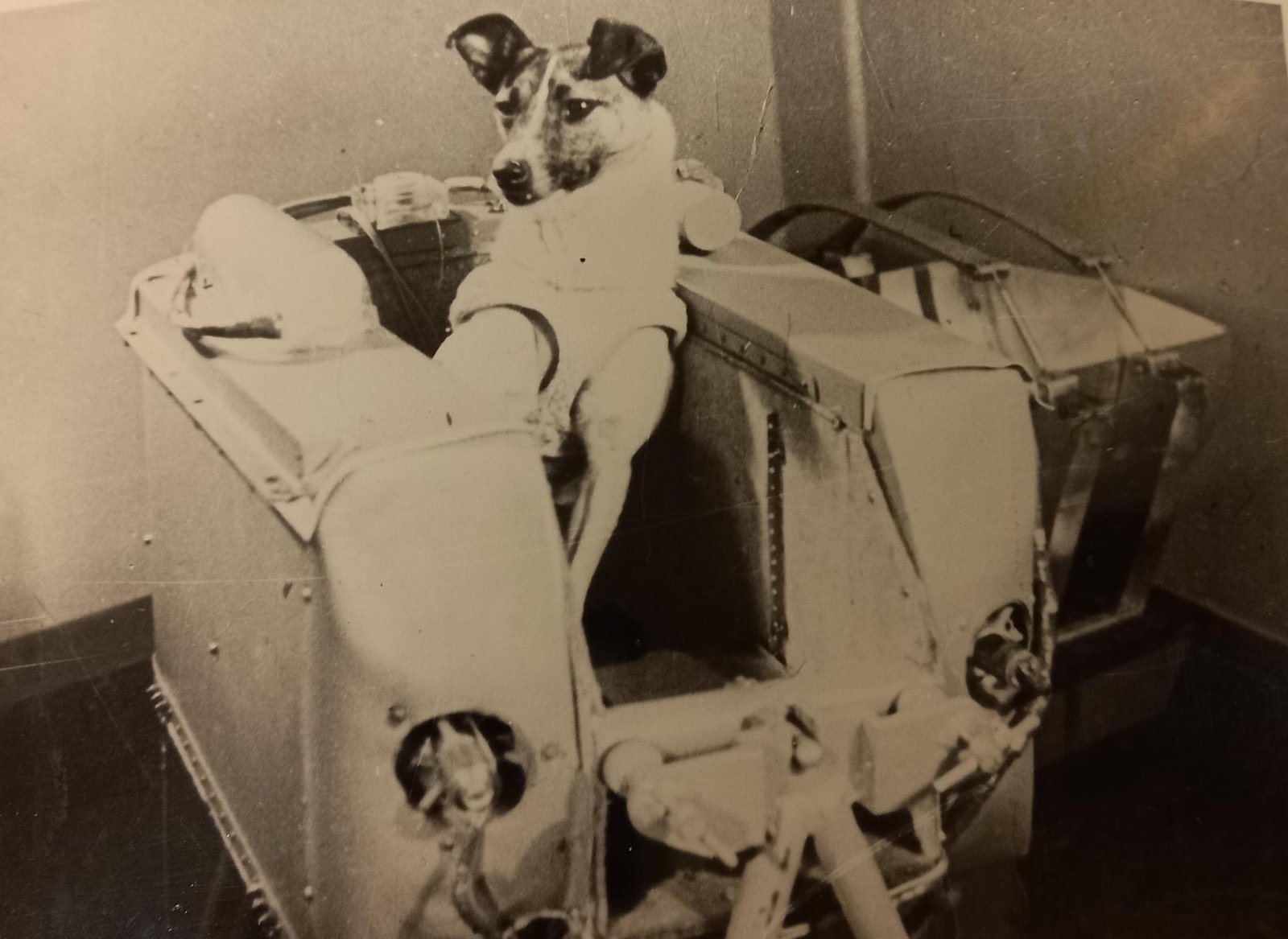
Before humans ever ventured into space, scientists tested the limits of exposure using dogs, monkeys, and even mice. These experiments were grim but provided crucial information. Animals lost consciousness within 15 seconds, but many survived if repressurized quickly. The information gathered from these early tests has helped make modern space travel far safer for today’s astronauts.
Why Spacesuits Are Lifesavers
Spacesuits are marvels of engineering, designed to mimic Earth’s environment and protect against all the dangers of space. They provide pressure, oxygen, temperature control, and radiation shielding, all in a wearable form. Without these suits, even the briefest stroll outside a spacecraft would be fatal. The complexity and necessity of spacesuits are a testament to just how inhospitable space truly is.
The Psychological Terror: Facing the Void
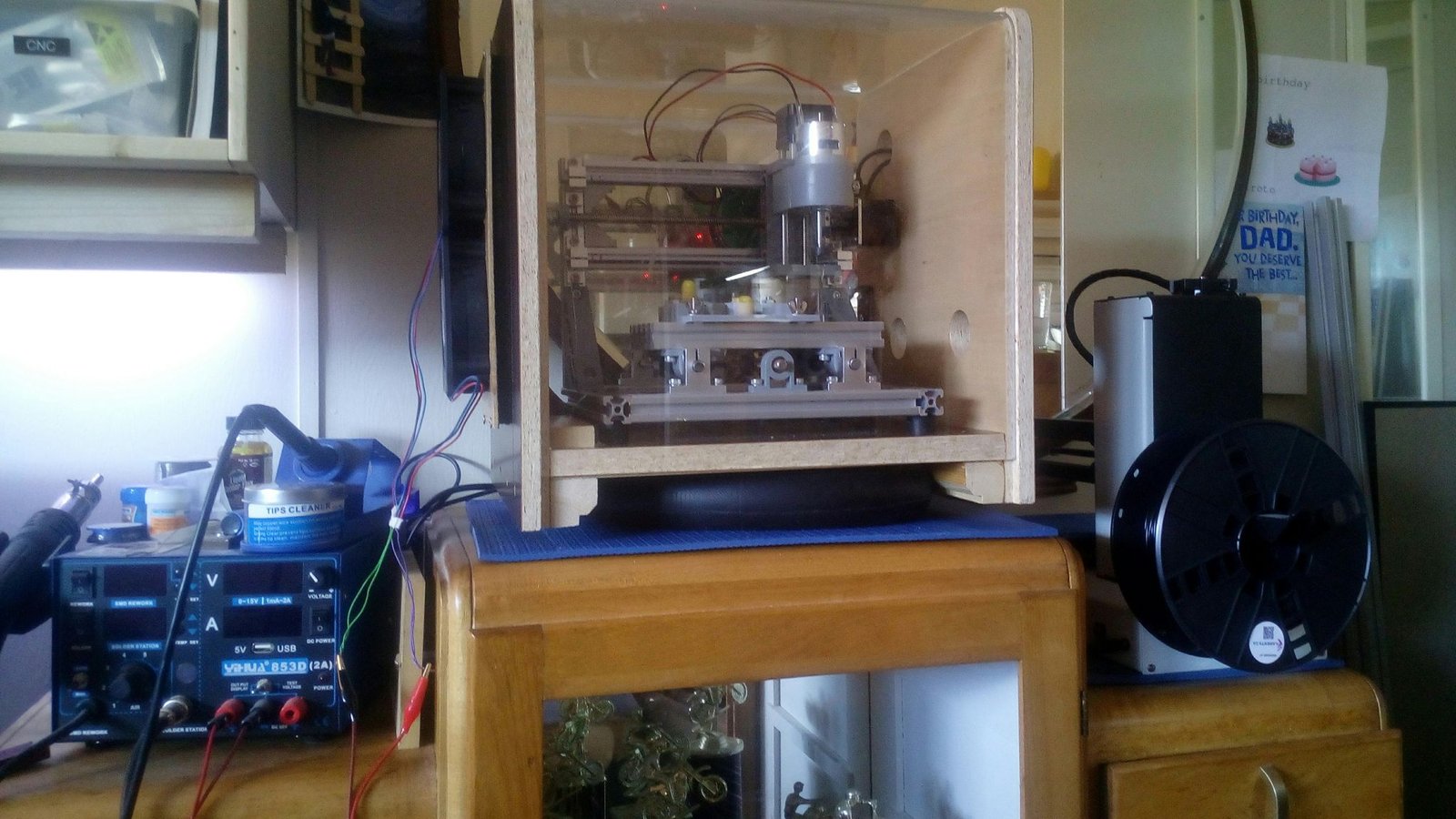
It’s easy to focus on the physical dangers of space, but the psychological impact is just as profound. The sheer isolation, the silence, and the knowledge that help is so far away would be terrifying. Even astronauts, trained for every contingency, describe space as both awe-inspiring and deeply unsettling. Facing the void without protection would push the limits of even the bravest mind.
Reflections on Human Fragility
Space lays bare the delicate thread that connects us to life. Our bodies, perfectly adapted for Earth, are hopelessly outmatched by the cold indifference of the cosmos. It’s both humbling and inspiring to realize how much we rely on technology, ingenuity, and each other to survive in such a hostile place. Would you dare to stare into the abyss, knowing what you know now?


